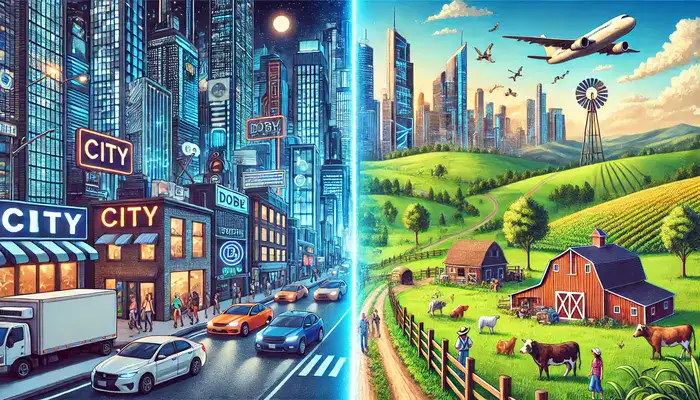Renewable Energy Practice Reading & Listening Renewable Energy Practice Reading & Listening for IELTS https://www.youtube.com/watch?v=1kUE0BZtTRc What is renewable energy? Around the world, renewable energy use is on the rise, and these alternative energy sources could hold the key to combating climate change. What is renewable energy? Renewable energy is generated from sources that naturally replenish themselves, and never run out. The most common sources are solar, wind, hydro, geothermal, and biomass. Over 80% of the total energy consumed by humans is derived from fossil fuels; however, renewables are the fastest growing source of energy in the world. Benefits of renewable ...
Home » English Documentaries with Transcript » Renewable Energy Practice Reading & Listening for IELTS

Renewable Energy Practice Reading & Listening for IELTS
Updated: by Mahsa Mohammadi
Time to Read: 3 minutes | 628 Views | 5 Comments on Renewable Energy Practice Reading & Listening for IELTS



Why is it a must for the globe to shift their attention from fossil fuels to renewable energy?
Because renewable energy can combat climate change because it creates no direct greenhouse gas emissions. And it is also environmentally friendly.
Thank you so much for your accurate answer to this question. I can also add that our supply of fossil fuels is technically limited, and we need to be open-minded about this finite (not infinite) supply.
Around the world, renewable energy use is on the rise, and these alternative energy sources could hold the key to combating climate change.
What is renewable energy? Renewable energy is generated from sources that naturally replenish themselves, and never run out. The most common sources are solar, wind, hydro, geothermal, and biomass. Over 80% of the total energy consumed by humans is derived from fossil fuels; however, renewables are the fastest growing source of energy in the world.
Renewable energy has many benefits. First, it can combat climate change because it creates no direct greenhouse gas emissions. The only emissions that they produce are indirect, meaning those that result from manufacturing parts, installation, operation, and maintenance. But even those are minimal. Second, renewable energy can decrease pollution, and therefore, reduce threats to our health. Wind, solar, and hydroelectric systems create no air pollution emissions, and geothermal and biomass energy systems emissions are much lower than non-renewable energy sources. Third, renewable energy is a reliable source of power because renewable energy sources are, well, renewable; they will never run out. Once built, renewable facilities cost fairly little to operate, and the fuel is often free; as a result, renewable energy prices tend to be stable over time.
While renewable energy has many advantages, it is not without downsides. It is difficult for renewable energy sources to generate power on the same large scale as fossil fuels. Building wind farms and dams can disrupt wildlife and migration patterns and lead to ecological destruction. Both solar and wind energy are intermittent; they only generate power when the sun is shining or while the wind is blowing. Batteries can store excess energy for later use; however, they’re often costly.
While renewable energy presents some challenges, it also offers an environmentally friendly alternative to the greenhouse gas emissions and pollution of fossil fuels. And as advance in technology makes renewable energy more accessible, affordable, and efficient, an end to climate change could be within our reach.
Thank you so much for your transcription, which was perfect.